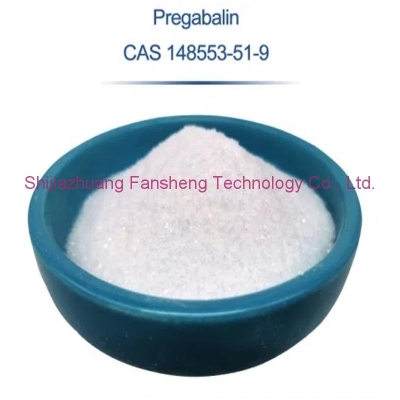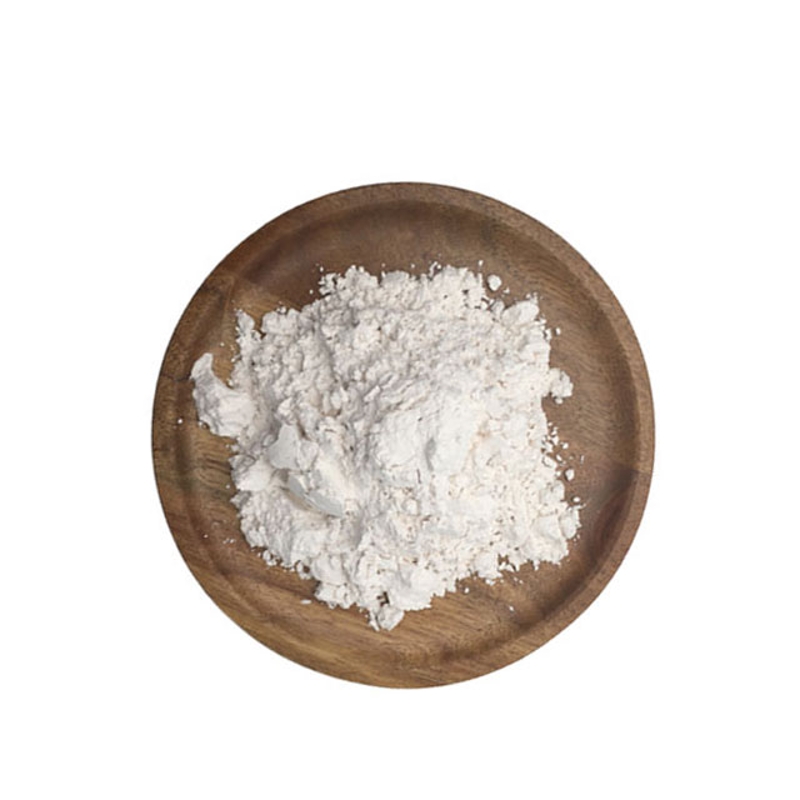-
Categories
-
Pharmaceutical Intermediates
-
Active Pharmaceutical Ingredients
-
Food Additives
- Industrial Coatings
- Agrochemicals
- Dyes and Pigments
- Surfactant
- Flavors and Fragrances
- Chemical Reagents
- Catalyst and Auxiliary
- Natural Products
- Inorganic Chemistry
-
Organic Chemistry
-
Biochemical Engineering
- Analytical Chemistry
- Cosmetic Ingredient
-
Pharmaceutical Intermediates
Promotion
ECHEMI Mall
Wholesale
Weekly Price
Exhibition
News
-
Trade Service
▎WuXi AppTec content team editor
We all know that ice cream, cheesecake, cola with fried chicken.
.
.
These high-fat, high-sugar foods are easy to make us gain weight
.
More research also tells us that the harm of these foods is not only that: they can destroy our pancreatic cells after metabolism, and they can also damage the central nervous system.
.
.
But the problem is that knowing that it is unhealthy, but when we are faced with these high-fat, high-sugar foods, the brain is often cursed and unable to resist temptation
.
Even if you have filled your stomach, but when you see desserts, you can still "grow" one more stomach, what is going on?
Now, a study published in Nature Neuroscience has unveiled the "spell" that these foods put on the brain
.
Professor Li Bo's team at Cold Spring Harbor Laboratory in the United States found in mouse experiments that the reason why high-fat, high-sugar foods are particularly attractive, even when they are full, are difficult to resist, and the root cause is a group of neurons
in the extended region of the amygdala of the brain.
For these neurons, scientists may be able to develop safe and effective weight loss therapies
in the future.
Both us and the mice used in this study have a different preference for high-fat, high-sugar foods — foods that go beyond survival and become a pleasant pleasure
.
This behavior is also known as "hedonic eating
.
"
Hedonic eating makes us gain weight, and long-term weight control by regulating the body's homeostasis will be limited
by our own metabolic processes.
Whether it's restricting energy intake or exercising more, metabolic adaptations can try to reverse the progress we make in
our efforts.
On the other hand, drugs to aid weight loss often have side effects
.
Therefore, it is particularly important
to develop more targeted interventions from a mechanism point of view.
"Identifying the neural circuits that control hedonic eating has important implications
for developing more effective therapies for those who have difficulty controlling their weight.
" Professor Li Bo said
.
Image source: 123RF
Previous research has provided some clues
.
As the main structure of the amygdala extension region (some areas outside the amygdala, which is tightly connected to the amygdala), neurons in the anterior commisable hindlimb interstitial nucleus (IPAC) region become active
in response to taste stimulation.
However, previous studies have not revealed the role
of IPAC in the body's energy homeostasis.
In the latest study, Prof.
Li Bo's team seeks to unravel the effects
of neurotensin-expressing neurons in IPAC (IPACNts neurons) on dietary choices and metabolic processes.
The research team activated IPAC Nts neurons through optogenetic means, and as a result, this operation promoted the formation of hedonistic eatinghabits that lead to obesity in mice, and the mice's preference for delicious food was also regulated
.
The activity of IPACNts neurons plays an important role
in establishing dietary preferences and guiding energy expenditure.
Conversely, when the activity of these neurons was temporarily suppressed, the mice had significantly less
food intake and hedonic eating behavior.
A similar effect
was observed in mice with permanently inactivated IPACNts neurons.
Further experiments show that temporary inhibition of neuronal activity can have a longer-term effect on eating for several days, thereby reducing energy intake and preventing weight gain
.
Just affecting eating is not enough, the research team further revealed the effect of these neurons on energy expenditure: mice with IPACNts neuronal inactivation rapidly increased aerobic exercise, and achieved long-term weight loss and improved metabolic health
.
Studies suggest that this change may be due to the fact that neurotensin-type 1 receptors regulate energy expenditure and motor behavior in specific brain regions, and IPACNts neurons happen to project to this region, thereby promoting motor behavior and energy expenditure
.
Thus, this study reveals the role of IPACNts neurons in encoding preferences for "junk food", regulating eating choices and energy expenditure, and confirms that a single cluster of neurons can achieve bidirectional regulation
of energy homeostasis.
The team says they are currently exploring ways to
manipulate these neurons.
Next, they will examine how these neurons respond to different types of food
.
Ultimately, the exploration of IPACNts neurons may lead to new strategies
to control unhealthy dietary intake and treat obesity.
, Corona, A.
, Boyle, S.
et al.
Neurotensin neurons in the extended amygdala control dietary choice and energy homeostasis.
Nat Neurosci (2022).
https://doi.
org/10.
1038/s41593-022-01178-3[2] Got junk food on the brain? These cells may be to blame.
Retrieved October 20th, 2022 from style="margin-bottom: 0px;line-height: 1.
75em;">







